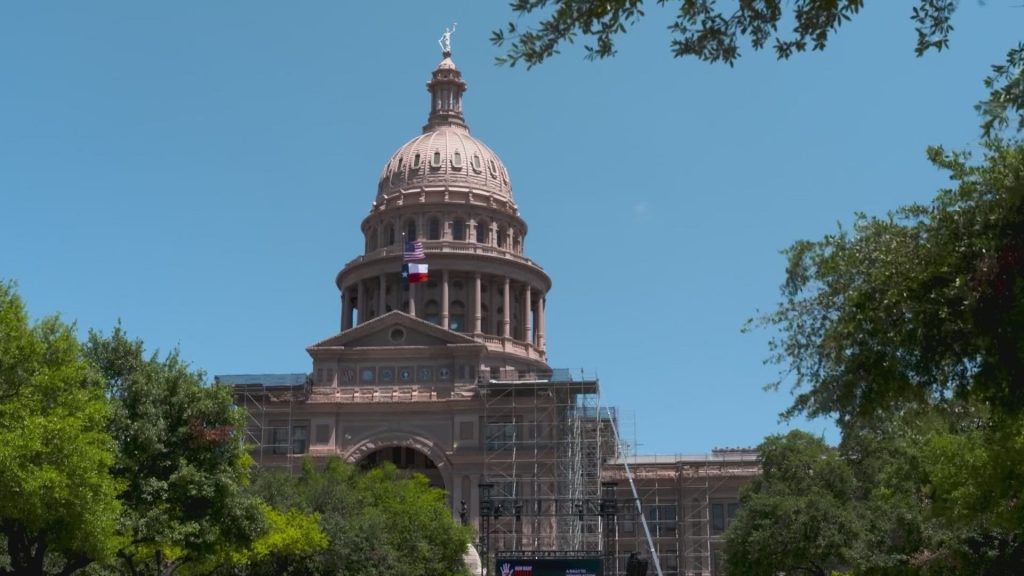Senate Bill 2 now heads to the House where it is expected to pass

Photo Courtesy of WFAA
A Republican-backed bill advancing in Texas would allow families to use tax dollars for their children’s private school tuition. The legislation, Senate Bill 2, passed the Senate late Wednesday and would provide $10,000 per year in public funding for private school tuition, textbooks, transportation, and therapy. Children with disabilities would receive $11,500 per year, while home-schooling families could get at least $2,000 annually. For home-schooled children with disabilities, $2,500 would be available for therapy. The funds would be distributed through state-managed education savings accounts.
The bill passed the Senate by a 19-12 vote, despite opposition from Democrats, and will now move to the Texas House. Although similar bills failed in the House two years ago, supporters believe there are enough backers now to make education savings accounts a reality.
Democrats have raised concerns about the program’s potential to disadvantage low-income families and undermine public schools by siphoning funds as students leave for private options. They also worry about the potential for segregation and the program’s ability to support lower-income households. Republican Senator Brandon Creighton, who authored the bill, defended it, asserting that students should have options beyond the limitations of their zip codes. He also criticized Democrats for opposing the bill, asking, “What are we fighting for? Mediocrity?”
The bill comes after Governor Greg Abbott declared “school choice” an emergency item in his State of the State address on Sunday, allowing lawmakers to fast-track the proposal. Supporters of school choice argue that it empowers parents to select the best educational environment for their children, especially those in underperforming or unsafe public schools. However, critics say the bill could harm public education, especially considering many private schools in Texas have a religious focus.
SB 2 would allow any child eligible for or already attending public school to apply for the program, as well as children in public pre-K or private schools. If demand exceeds funding, the bill would prioritize children with disabilities and those from households with income up to 500% of the federal poverty level, or around $156,000 for a family of four. For comparison, the Texas Education Agency considers students from households earning between $40,560 and $57,720 to be low-income.
According to budget experts, the voucher program could cost over $4.5 billion by 2030. Critics also raised concerns about its potential impact on teacher retirement funds, with some questioning whether leaving public schools for private institutions might reduce the number of teachers paying into the Teacher Retirement System of Texas.
Some Democrats also expressed concerns about the voucher program’s effect on school safety and rural districts, where private schools may not be nearby. Creighton, however, assured that the program would not harm the Teacher Retirement System and emphasized that the bill would be monitored to ensure it doesn’t disproportionately benefit certain demographics over others.
The debate also highlighted the fact that private schools would not be subject to the same federal and state laws regarding special education that public schools must follow. While voucher proponents argue the program offers families more choices, others worry it could lead to a further decline in the quality of public education and disproportionately benefit wealthier families.
Senate Bill 2 does not require participants to take the same state standardized tests as public school students but does mandate a nationally recognized exam, such as the SAT or ACT. Creighton pointed out that imposing the same testing standards for private schools would not make sense, as some public school officials already oppose such testing requirements.
It is unclear when the House will take up SB 2, as new House Speaker Dustin Burrows has yet to appoint committee chairs. However, Burrows has stated that the House will pass a voucher program this session, alongside investments in public schools.




